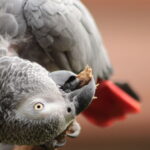African Gray Parrots are categorized into two sub-species – Congo African Gray and Timneh African Gray. Almost all the African Grays possess high intelligence and the ability to imitate and talk like humans. They also have the potential to mimic sounds and whistles. To enhance these skills, the African Grays need proper attention. However, this may vary from one African Gray to another.
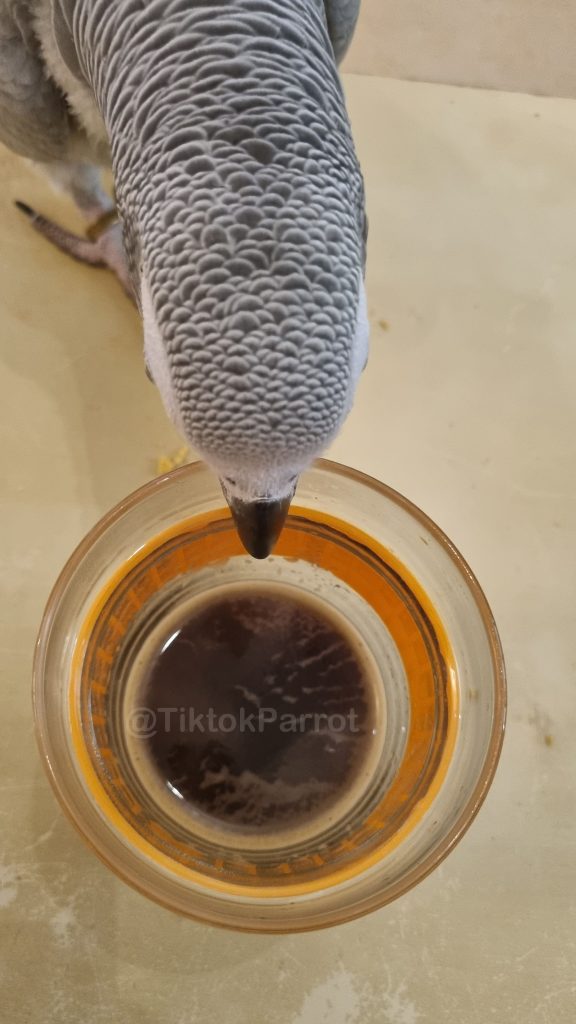
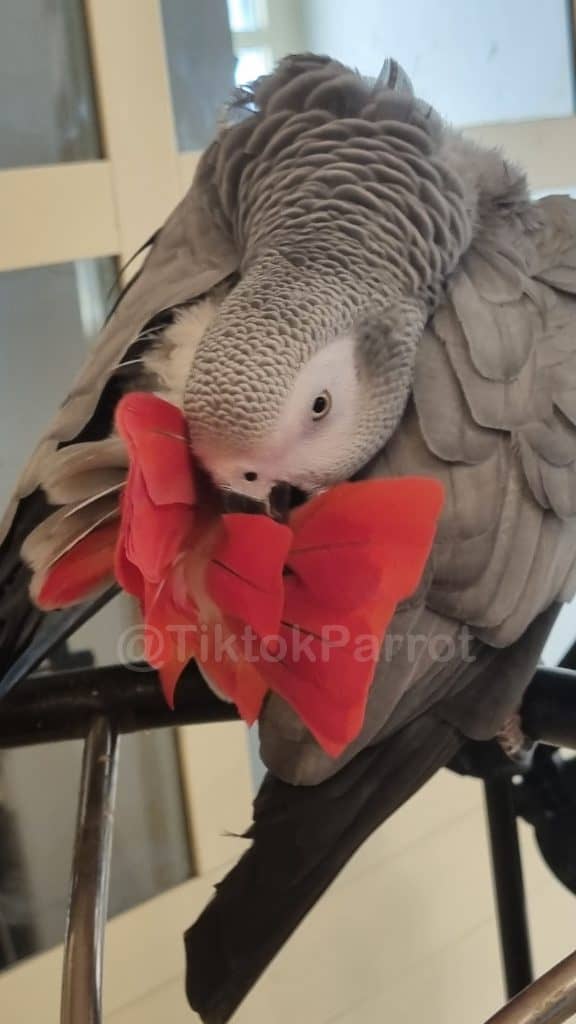
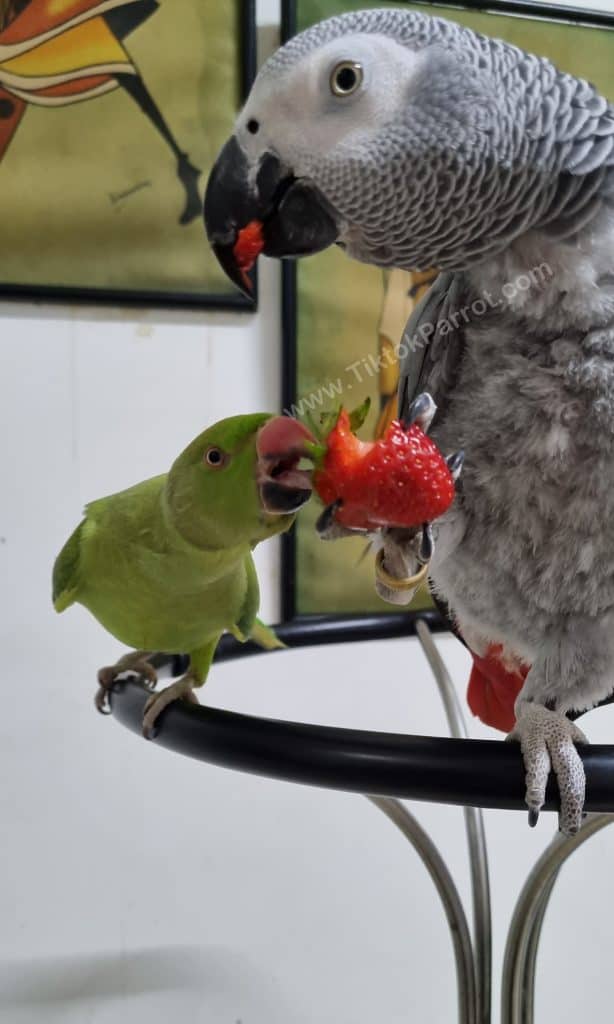
African Grey Sweet as pie but…
As most of you people know that African greys are the most intelligent of the parrot species. Many grow to be extremely sweet and affectionate toward their owners, and the species is known for being quite sociable. However, an African grey that is bored or neglected is an unhappy bird.
A depressed or angry bird will screech its discontent. You must provide the bird with lots of mental stimulation. A highly intelligent bird is also a complex bird. Although it is very social and demands interaction, it is not necessarily a cuddly bird. Some of these birds tend to become “one-person” birds, even if owners make every effort to socialize them with all members of the family. And they should also be taken out of their cage regularly.
Myth About African Grey Parrot
Another common myth is that African Greys are one-person birds. However, in the wild, Greys have many relationships and many different kinds of relationships. Any given individual bird may be a mate, a parent, a sibling, a fellow juvenile, a clutch mate or a flock member.
Likewise, Greys have the capacity to coexist peaceably with the various relationships within their human flock. This is not to say that Greys don’t play favorites. There is a favored person in the lives of many pets.
However, favoritism to the total exclusion of all others is the very opposite of flock behavior and results in a tragically narrow life. Surely, Greys that relate well to only one individual have been unwittingly taught to do so by their human flock.
Temperament of Grey Parrot
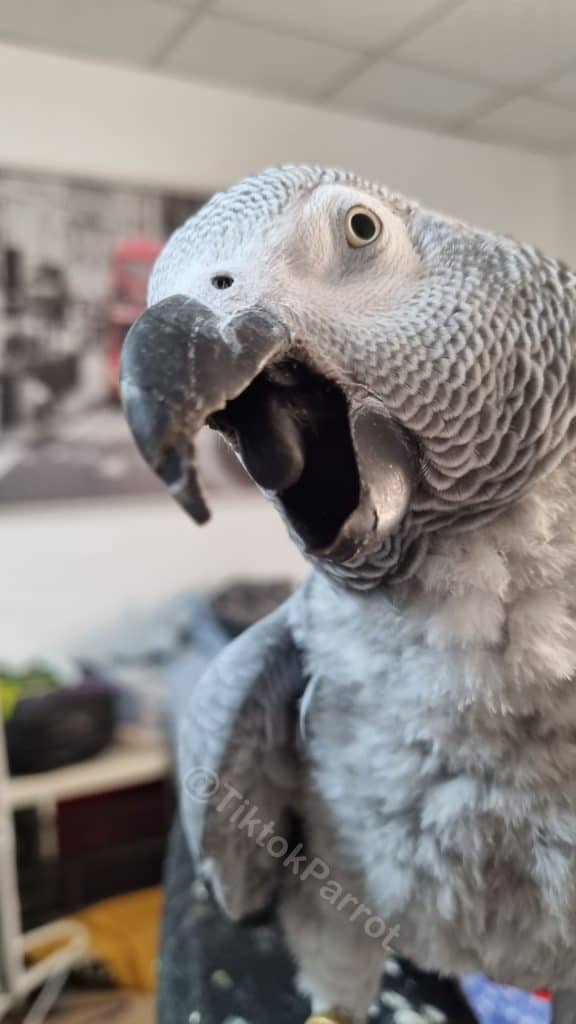
The African grey parrot is a lovely, curious, fascinating, and highly intelligent bird. Indeed, this medium-sized bird has an extraordinary ability to learn words and noises.
So don’t be surprised if your bird starts to mimic the ringing of the phone, the bark of a dog, or even the swear words you say without realizing it! Indeed, the peculiarity of this bird is that it knows how to place sounds, words in their precise context and not only by imitation. Thus, his intelligence is recognized as similar to that of a six-year-old child.
However, the African grey parrot does not support loneliness. He is a sensitive bird because of his great emotional intelligence. Be aware that your bird is likely to become very attached to you, much more than any other breed of bird. So, if you are away from your home for long hours every day and come back too tired to spend quality time with your bird, it would be wiser to adopt a more low-maintenance species of bird.
Thus, the African grey requires a lot of care and attention, especially regarding its socialization and training. A stimulating environment, as well as daily interactions, are essential. Take the time to educate him on a daily basis, to interact with him, and he will reward you by surprising you day after day!
My Final Thoughts
The bird’s emotional threshold will depend entirely on its temperament and socialization. The richer and more stimulating the environment, the higher the bird’s emotional threshold will be.
If you found this blog helpful, It would be great if you could share it with your family and friends who might find it useful as well.
For more useful content about African Grey parrots, you can subscribe my site with your email to get notification upon publishing a new blog, the subscribe box you can see on the right side of this page. Also if you get an alert on your web browser while browsing my site, allow it and that will also give you an alert whenever I publish a new blog. 🙂
Stay safe and much love !



